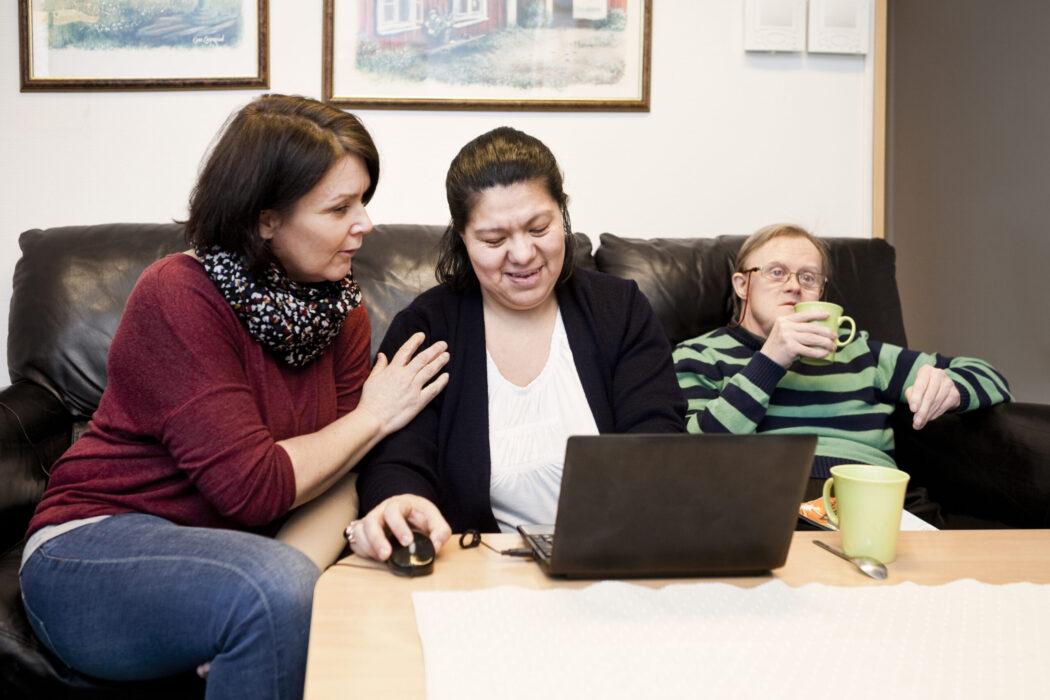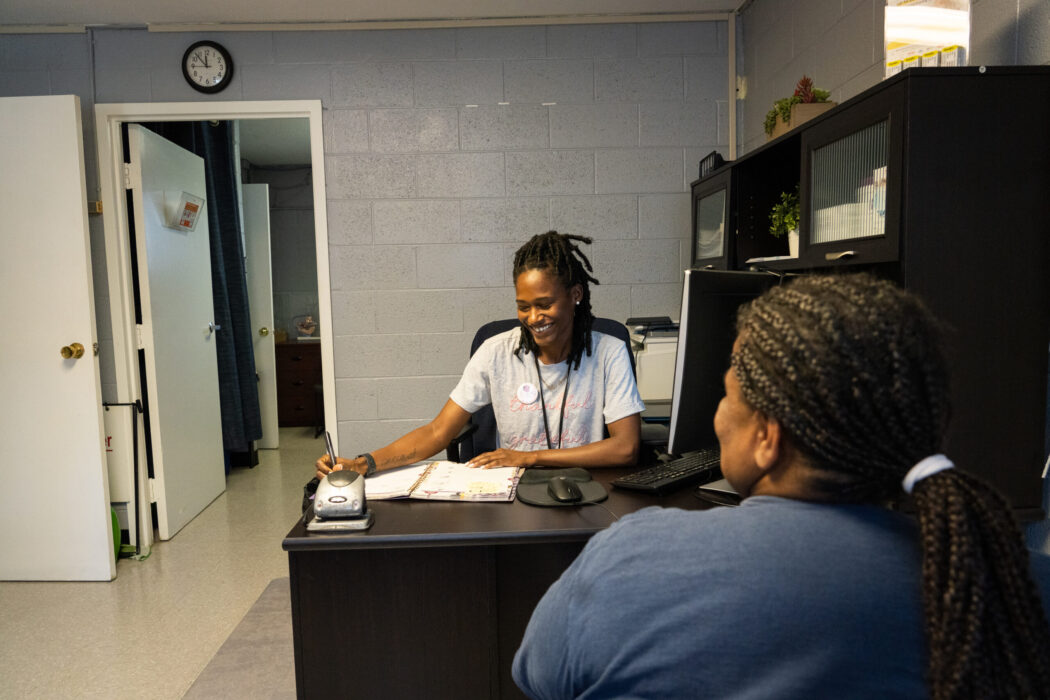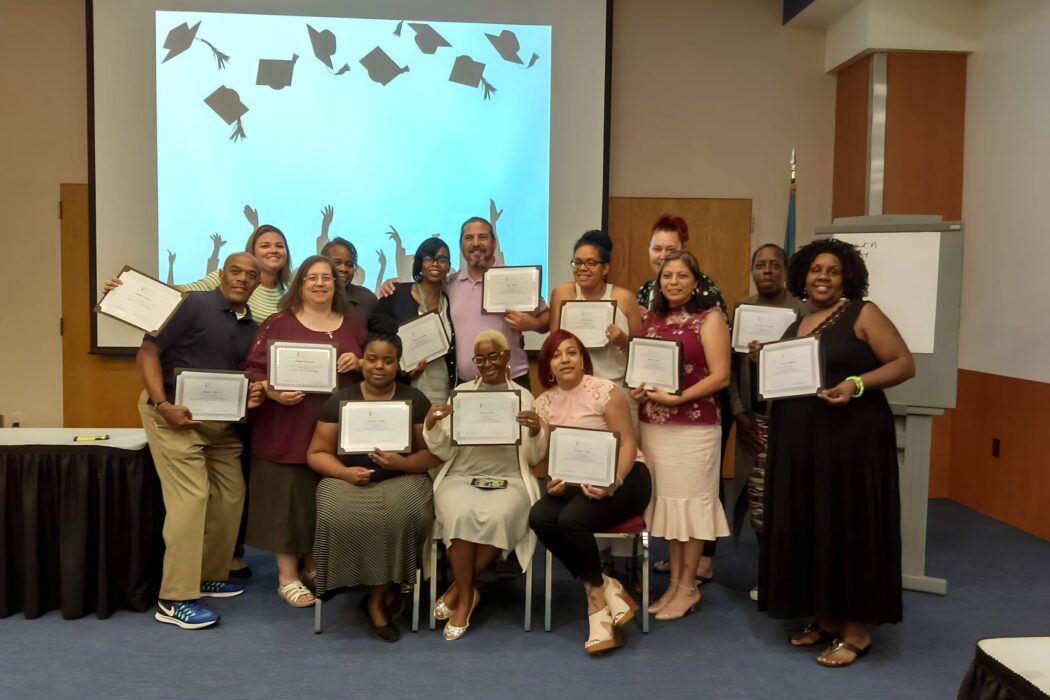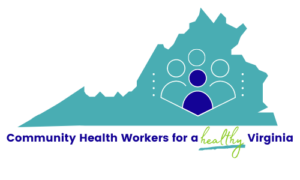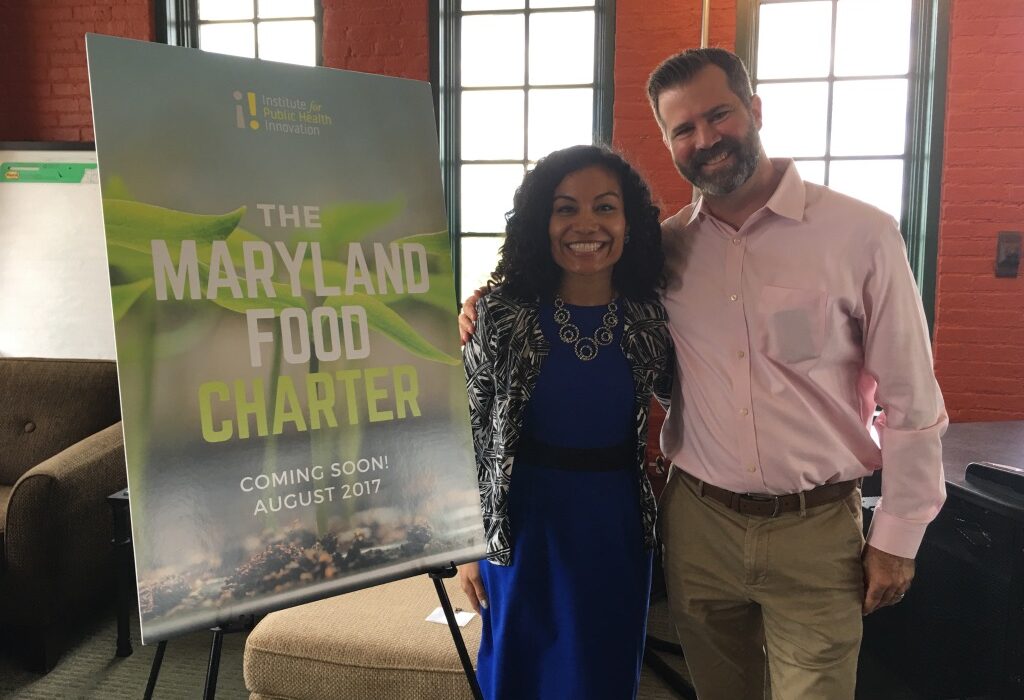
IPHI Hosts Maryland’s First Statewide Food Summit
IPHI hosted Maryland’s first statewide food summit, Developing a Maryland Food Charter: Statewide Summit, on October 15, 2015. The event included nearly 60 participants from all five regions of the state.
The summit focused on the following:
- The current status of potential food systems issues at the state-level
- An overview of the outcomes and themes that arose at the regional convenings
- Finalizing and prioritizing the strategies across the five food system domains included in the Maryland Food Charter
What is the change you want to see?
A panel of experts answered this question from Grow & Fortify, Southern Maryland Agricultural Development Commission, Baltimore Office of Sustainability, Maryland State Department of Education, and Center for a Livable Future. Their perspectives guided the development of the Maryland Food Charter.
All summit participants refined and strengthened strategies that were included in the first-ever food charter. They also assessed the feasibility of the collective action strategies.
To view and download the Maryland Food Charter, click: here.
